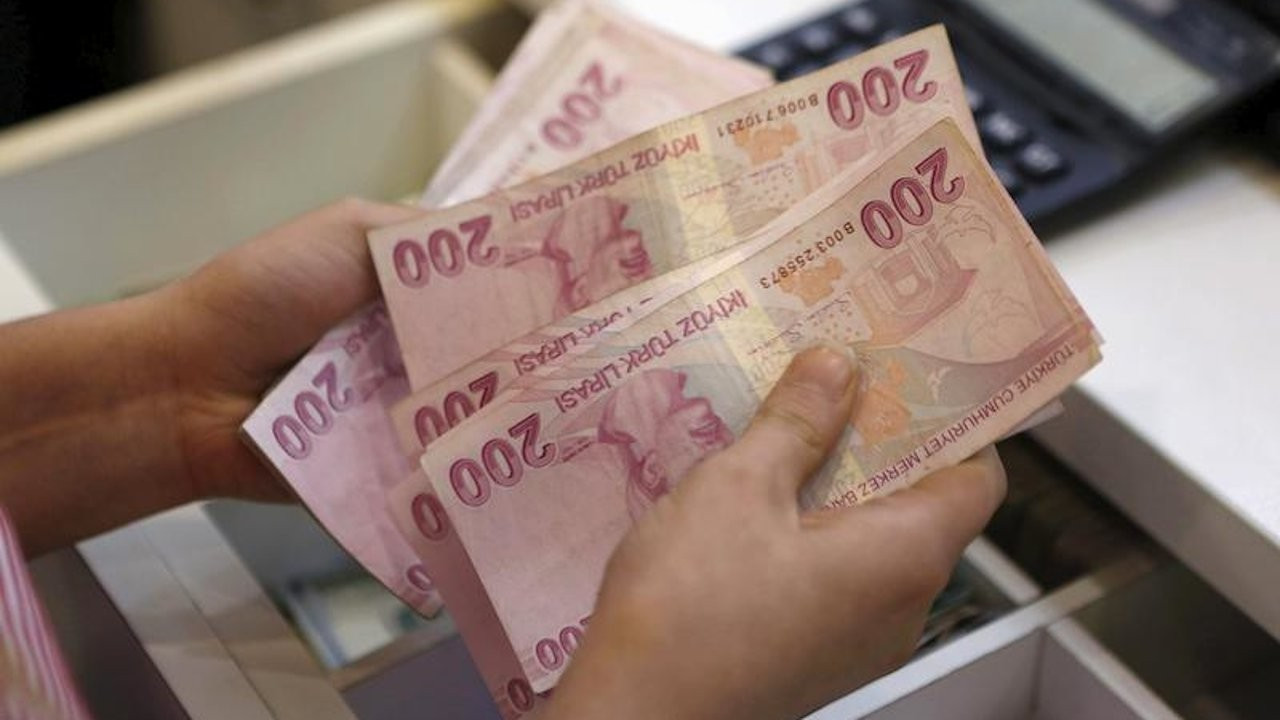Turkey's economic policy increasing risks to public finances, FX position: Fitch
International ratings agency Fitch has warned that the Turkish government's economic policy prioritizing growth over the lira's fall “has increased risks to public finances and the sovereign foreign-exchange (FX) position.” The statement came as Turkey's five-year CDS, a gauge of sovereign default risk, rose to a level of 900 basis points on July 14.
Duvar English
Ratings agency Fitch on July 14 warned in a new report that Turkey's recent economic policy has been increasing risks to public finances and the sovereign foreign-exchange (FX) position.
“Increasingly interventionist and unpredictable policies could further undermine domestic confidence and access to external financing, as the authorities maintain the focus on preserving high growth, in spite of a challenging external environment hitting external finances and rising macroeconomic imbalances,” the report said.
A scheme introduced in December 2021 to boost confidence in the Turkish lira and to avoid reversing the 500 basis points of interest rate cuts in September-December has not either reduced macroeconomic and financial stability risks, Fitch said.
The report came as Turkey's five-year default swaps (CDS) touched 900 basis points on July 14, basically back to levels seen during the 2001 economic crisis.
Inflation in Turkey shot to a 24-year high 78.62% in June amid the lira's continued decline. The economic fallout from Russia's invasion of Ukraine has also stoked prices in import-dependent Turkey, especially due to rising energy and commodity costs.
Last week, Fitch downgraded Turkey's debt rating to "B" from "B+", citing increasing inflation and broad concerns about the economy, from a widening current account deficit to interventionist policies.

 Fitch cuts Turkey's debt ratings to 'B' from 'B+'Economy
Fitch cuts Turkey's debt ratings to 'B' from 'B+'Economy Turkish gov't chose growth over measures to tackle inflation, says finance ministerEconomy
Turkish gov't chose growth over measures to tackle inflation, says finance ministerEconomy